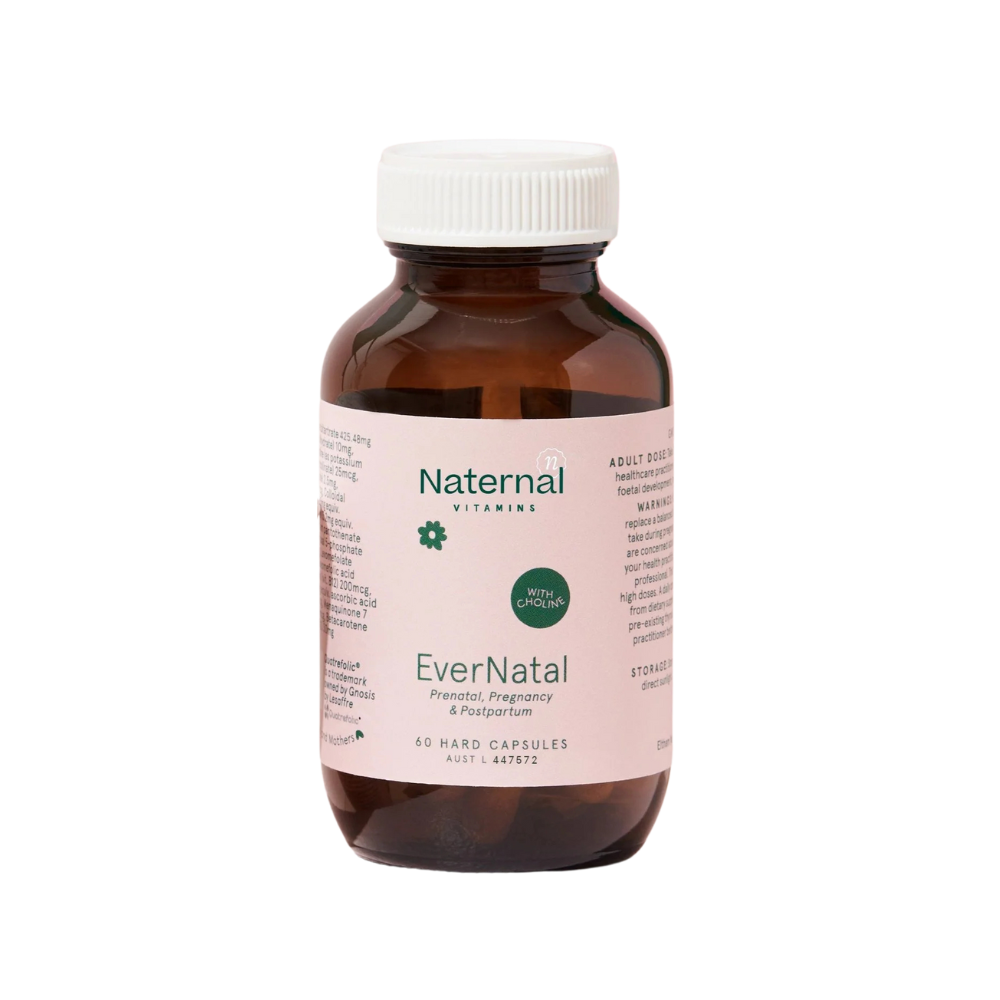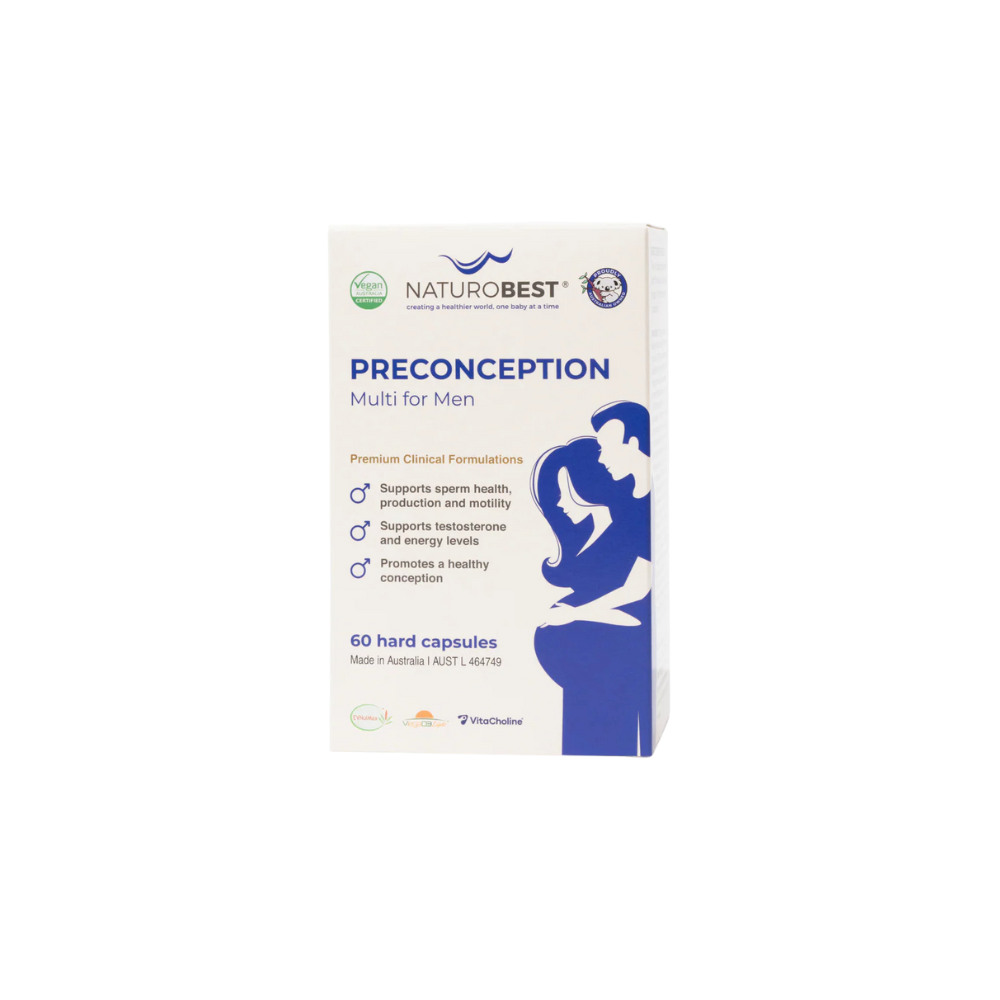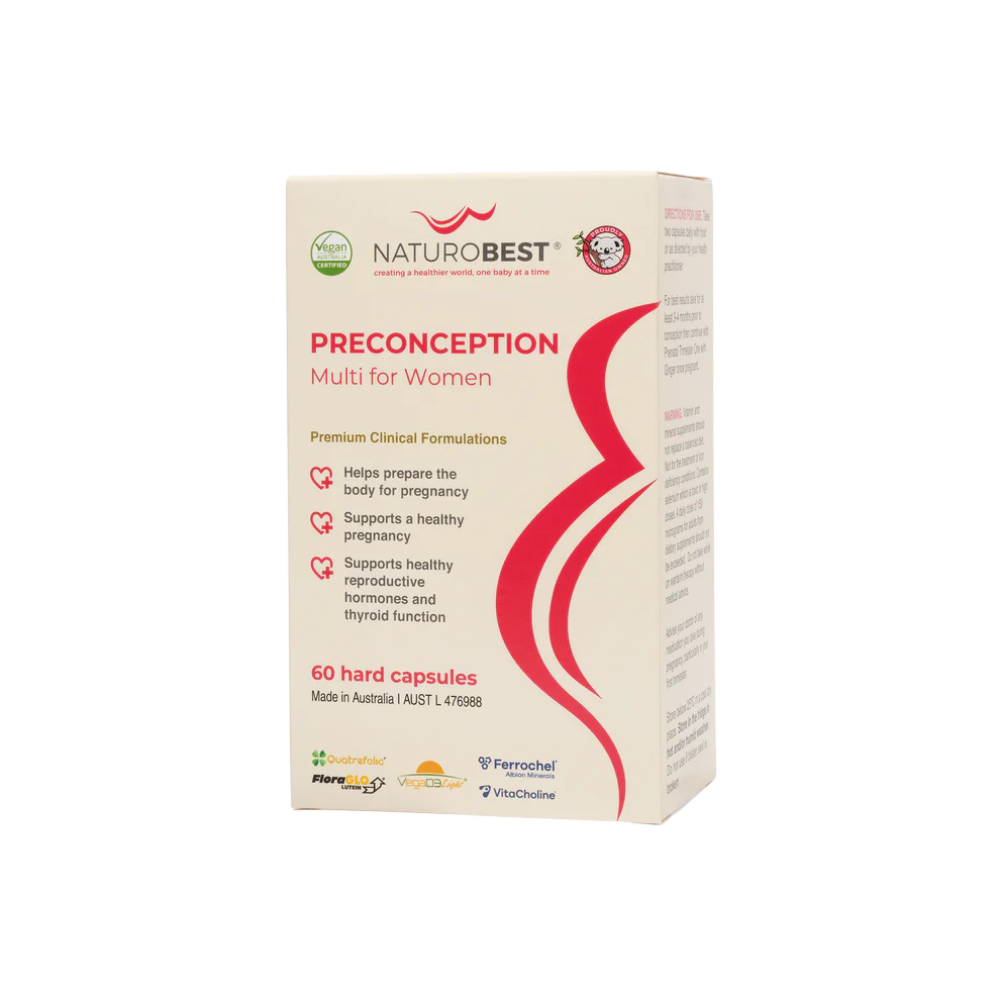As a Naturopath and Homeopath I truly believe that more couples have the ability to unlock natural fertility and truly could avoid going down the path of IVF, but they must be willing to work with a practitioner such as myself and do the work. In this blog post, we'll explore a naturopathic perspective on improving fertility through lifestyle changes, nutritional support, and holistic wellness practices. I hope with this blog you can maybe feel a little hope that there are other options available rather than just going to IVF. IVF is an amazing resource, but our bodies are pretty incredible too.
Embarking on the journey to parenthood can be an emotionally charged experience, especially for those facing challenges with fertility. While modern medical interventions like in vitro fertilisation (IVF) can be effective, many couples are exploring natural approaches to enhance fertility before turning to assisted reproductive technologies. I know some of these might seem obvious but hear me out...
- Nourishing the Body with Whole Foods
A crucial aspect of optimising fertility naturally is to fuel the body with nutrient-rich, whole foods. A diet rich in fruits, vegetables, whole grains, lean proteins, and healthy fats provides essential vitamins and minerals necessary for reproductive health. Focus on foods that support hormonal balance, such as omega-3 fatty acids found in fatty fish, flaxseeds, and walnuts. Incorporating antioxidant-rich foods, such as berries and leafy greens, can also help protect the reproductive cells from oxidative stress.
- Balancing Hormones through Herbal Remedies
Herbs have been used for centuries to support reproductive health and balance hormones. Vitex (Chaste Tree), Maca root, and Dong Quai are examples of herbs that are believed to regulate menstrual cycles, enhance ovulation, and support overall hormonal balance. However, it's crucial to consult with a qualified naturopath or healthcare provider before incorporating herbal remedies, as they may interact with medications or have contraindications.
- Managing Stress through Mind-Body Practices
Stress has a profound impact on fertility, affecting hormone levels and overall reproductive function. Mind-body practices such as yoga, meditation, and deep breathing exercises can help manage stress levels and promote relaxation. These practices not only support emotional well-being but also contribute to a healthier hormonal environment conducive to fertility.
- Detoxifying the Body Safely
Detoxification is often recommended as a means to eliminate environmental toxins that may interfere with fertility. Naturopaths may suggest gentle detox protocols, focusing on supporting the liver, the body's primary detoxification organ. This can include dietary changes, such as reducing processed foods and alcohol, and incorporating liver-supportive herbs like milk thistle. This is also something to be done in conjunction with working with a practitioner such as myself.
- Optimising Body Weight and Exercise
Maintaining a healthy body weight is crucial for fertility, as both overweight and underweight individuals may experience disruptions in hormonal balance. Regular exercise, tailored to an individual's fitness level, can support weight management and promote overall well-being. However, excessive exercise can have a negative impact on fertility, so finding a balance is key.
- Enhancing Nutritional Status with Supplements
Certain nutritional supplements may be beneficial in supporting fertility. Folinic acid (NOT folic acid- this is the synthetic and not well absorbed form of this vitamin) , vitamin D, zinc, and omega-3 fatty acids are examples of nutrients that play a role in reproductive health. However, it's essential to individualise supplement recommendations based on specific needs and to avoid self-prescribing, as excessive amounts can have adverse effects.
While IVF remains a viable option for many couples struggling with fertility, a naturopathic approach offers a holistic perspective that focuses on optimising overall health and addressing underlying imbalances. By adopting a combination of healthy lifestyle choices, nutritional support, and mind-body practices, individuals can create a foundation for improved fertility before considering more invasive interventions. As always, it's crucial to consult with a qualified healthcare professional, such as a naturopath, to create a personalised plan that aligns with individual needs and circumstances.







